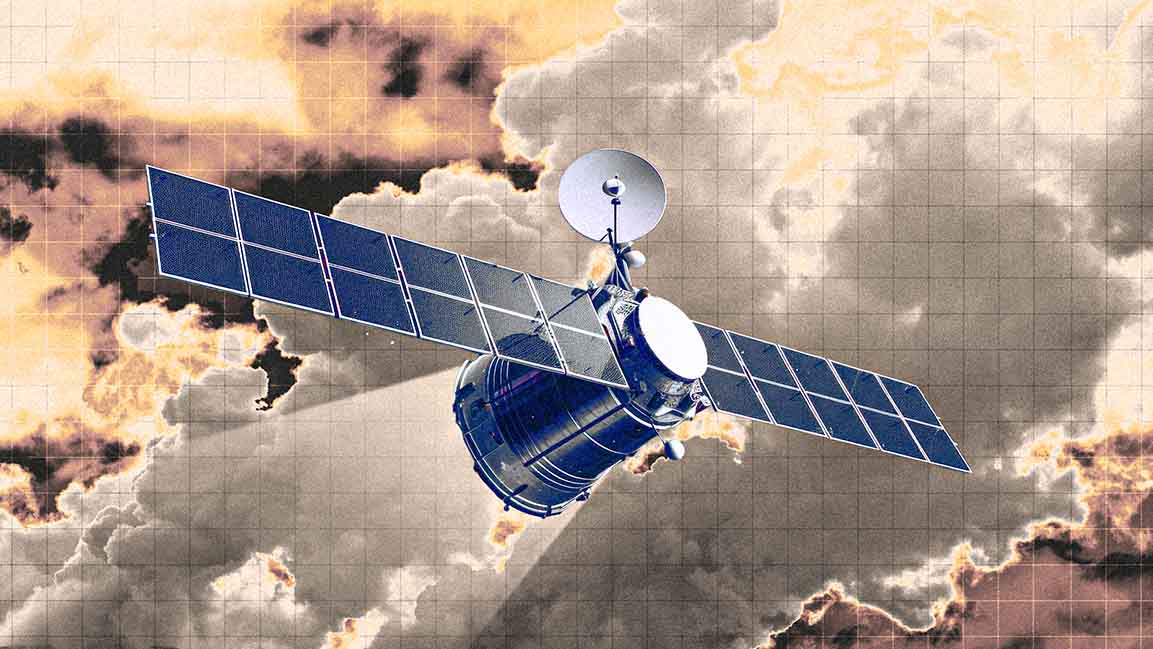- | 12:00 pm
Bahrain advances satellite project to monitor CO₂ emissions across the Gulf
The satellite payload will provide real-time, high-resolution data on carbon dioxide emissions in Bahrain and the surrounding region.

Bahrain has completed the second phase of a $1.8 million satellite initiative to monitor carbon dioxide (CO₂) emissions and air quality in the Gulf region, the Bahrain Space Agency (BSA) announced.
The project, developed in partnership with the UK Space Agency’s International Bilateral Fund, is part of Bahrain’s efforts to address climate change through advanced satellite technology. It focuses on tracking CO₂ emissions—responsible for nearly 76% of global greenhouse gas emissions—as part of a broader strategy to improve environmental monitoring in the region.
During this phase, Bahraini engineers collaborated with experts from the University of Leicester and UK-based firm Geospatial Insight, which involved designing a mission concept and developing a hyperspectral camera to detect oxygen. This technology is expected to significantly improve the accuracy of carbon dioxide measurements.
In addition to developing the carbon dioxide sensor, the team took part in commercial studies to explore broader applications of the technology for Bahrain and the wider Gulf region.
Once launched, the satellite payload will provide real-time, high-resolution data on carbon dioxide emissions across Bahrain and neighboring countries. The project ultimately aims to deploy a constellation of satellites to enable frequent and precise CO₂ monitoring at regional and global levels.
Geospatial Insight, which is also developing CO₂Sat—the world’s first satellite dedicated to tracking point-source carbon emissions—emphasized the project’s role in supporting emissions reduction efforts.
CO₂Sat is expected to deliver data with a 50-meter spatial resolution and detect emission sources as small as 50,000 kilograms per hour. The first satellite in the constellation is scheduled for launch between 2027 and 2028.
The company said, “Accurate detection, measurement, and monitoring of CO2 at the source are essential for organizations to understand their emissions profile and create effective reduction strategies. ”
BSA CEO Dr. Mohamed Al Aseeri said the collaboration aligns with Bahrain’s strategy to expand its space capabilities and strengthen international partnerships, particularly in delivering high-quality data and imagery services.
Rasha Al Amad, the agency’s Head of Strategic Planning, emphasized the importance of accurate emissions monitoring, noting that credible CO₂ data is essential for governments and organizations working toward carbon neutrality.































